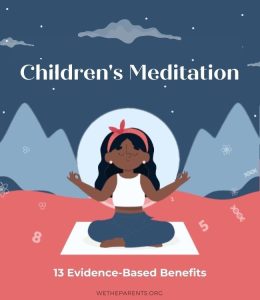
Directors’ Corner: Where the Wheels Hit the Road: Reflections on Strength-based Parenting
During a road trip while recovering from shoulder injuries, a mother observed her twice-exceptional son’s strengths as he navigated trails and supported her. The essay argues that strengths are context-driven, recommends strength-based parenting, and cites neuroscience evidence of brain plasticity to support nurturing children’s strengths.


